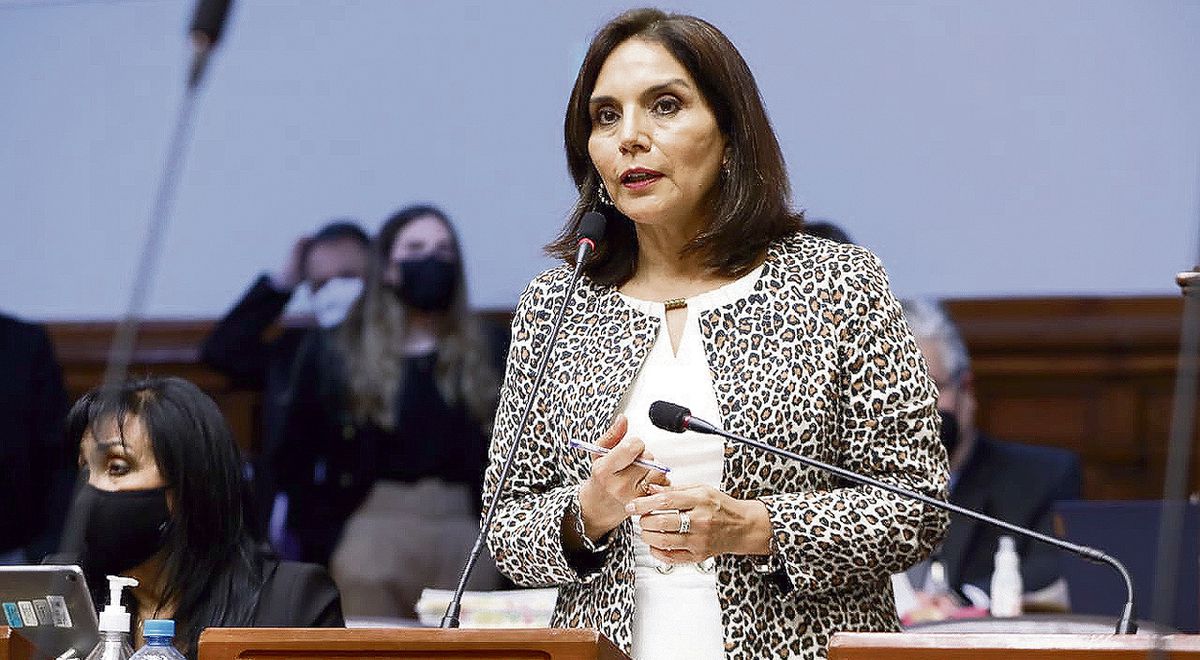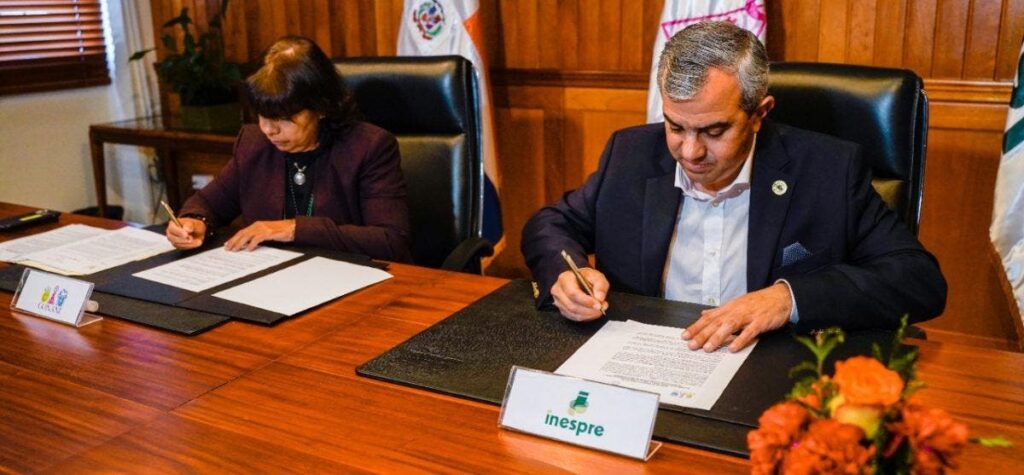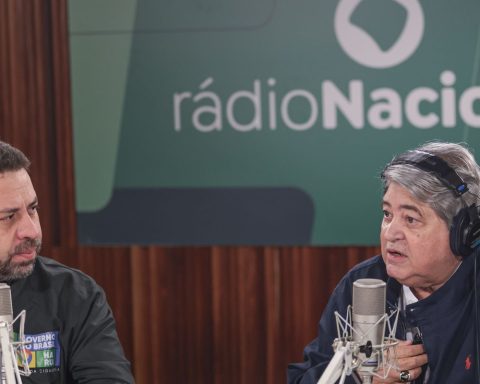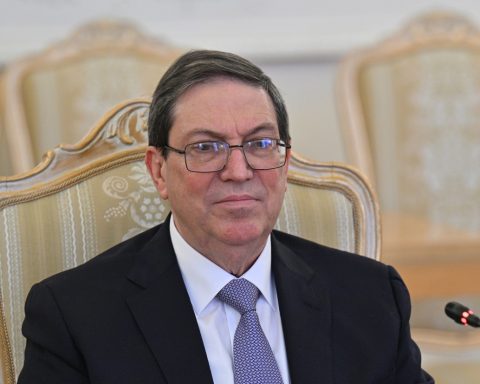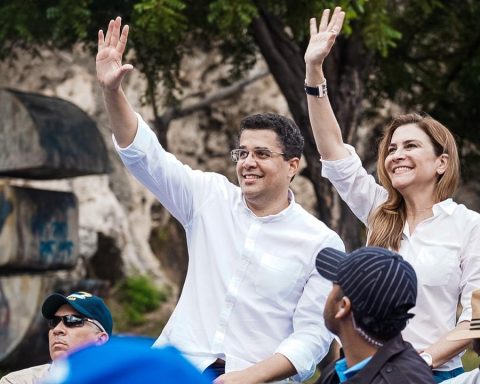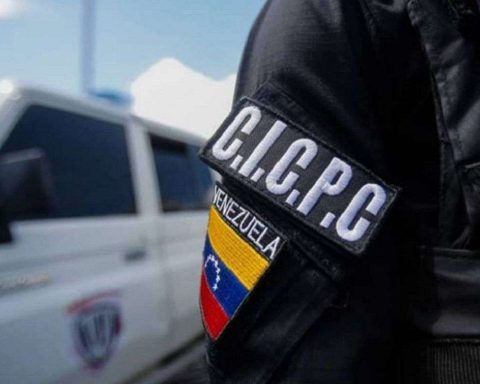The Inter-American Commission on Human Rights (IACHR) has reiterated its concern about the lack of definition in Peru of the figure of permanent moral incapacity, as a cause of vacancy of the president. A regulation of this type is in the field of Congress; however, the Constitution Commission, which is chaired by the parliamentary Patricia Juarez (Popular Force), has chosen to block this type of reform.
To date there are five bills or reforms presented, which are in line with what was proposed by the IACHR.
The most comprehensive proposal corresponds to the Executive. On October 19, 2021, Pedro Castillo presented project 474, where he proposes a framework of reforms to guarantee the balance of powers. On the one hand, the president proposes replacing moral incapacity with mental incapacity accredited by a medical board.
YOU CAN SEE: Congress: Minister Hernán Condori on the way to censorship
Second, the document includes proposals that limit the use of the question of trust, as a preliminary step to the closure of Congress.
The projects of Edward Málaga (Purple Party) and Segundo Quiroz (Free Peru) go along the same lines. The initiative of Edgard Reymundo (Together for Peru) proposes something similar, only through a development law. And, finally, Enrique Wong’s project (Podemos Perú) aims rather to develop a content of moral incapacity, leaving, however, a wide margin for ambiguity.
In addition, there are two projects related to the vacancy (see table), which are in the line of raising the votes to 104 to approve a vacancy or apply the cross-death law; that is, if the president is vacated, the automatic closure of Congress occurs. All these projects are filed.
YOU CAN SEE: Fujimori congressman will vote against the vacancy: “The president was elected for 5 years”
A new mechanism
Political scientist Paula Távara points out that even before the IACHR, the Peruvian Constitutional Court has indicated that it is necessary to define permanent moral incapacity well.
As he warns, the lack of this definition allows Congress to promote vacancy processes as a political weapon. “They promote the vacancy knowing that they do not have the 87 votes, only for the president to respond. In any case, Congress should carry out a reform and create a mechanism that allows the president to be questioned, as is the case in Spain, and thus avoid the misuse of the vacancy process,” he emphasized.
higher requirements
For his part, Percy Medina, of International IDEA, agrees on the need to define the figure of permanent moral incapacity to avoid its arbitrary use, but emphasizes that it should also “expand the possibilities of constitutional accusation against the president, with respect to of other crimes, such as corruption, which are currently not included.
In relation to the vacancy process, Percy Medina considers that higher requirements should be set for the declaration of permanent moral disability, if Congress decides to maintain this figure.
YOU CAN SEE: Congress reports that the Board of Directors will meet this Tuesday, March 29
reactions
Paula Távara, political scientist
“The lack of a definition of permanent moral disability allows Congress to use the vacancy as a political weapon. In practice, today the content of this figure is defined solely by the votes”.
Percy Medina, International IDEA
“There is a consensus among specialists that permanent moral incapacity is too open a figure and that it can be used arbitrarily. It is necessary to limit or redefine it”.
Schedule. Juárez (FP) has prioritized other projects such as the restriction of the right of participation or the one that limits the application of the question of trust. Photo: diffusion
